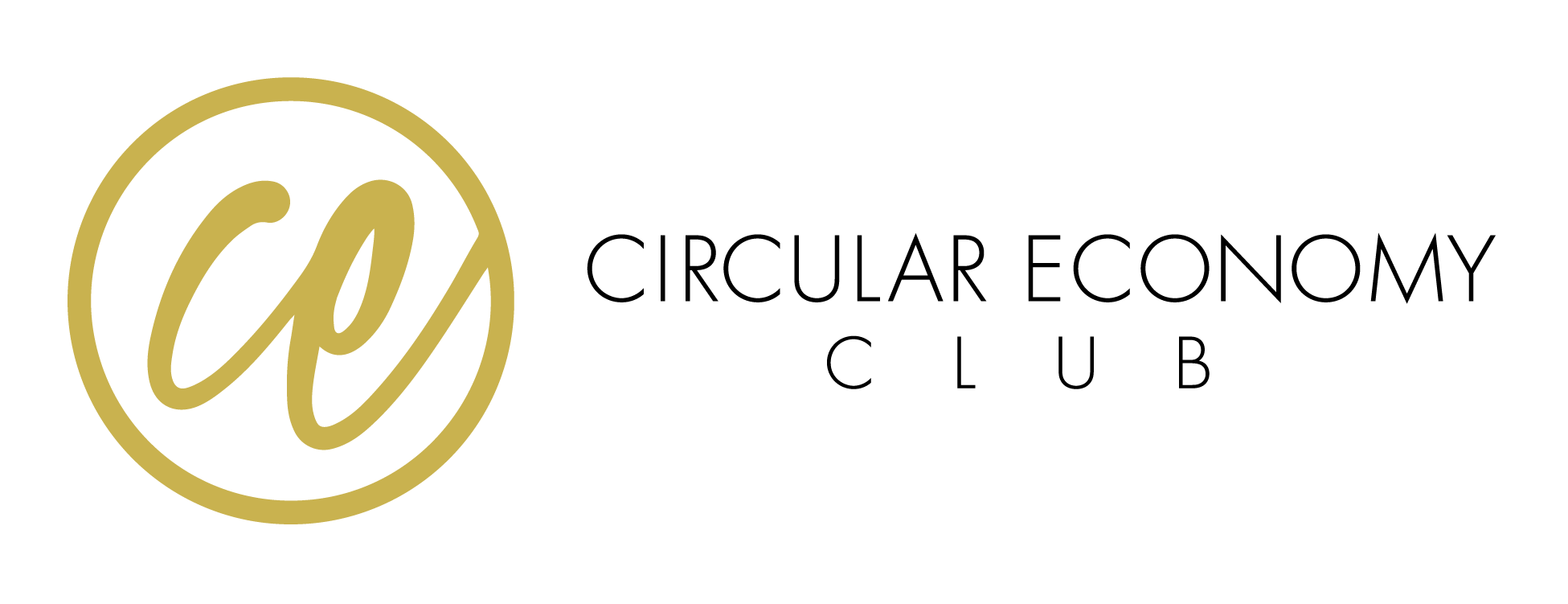-
The transition from a linear economy to a more circular one requires systemic changes involving a wide range of actors and sectors. Such a large scale transformation of markets will have impacts on industries, value chains and, in turn, on economies. Improving the evidence base about these impacts can help policy-makers decide on priorities and weigh potential policy options against each other. It can also contribute to achieving a better integration of the circular economy in strategic policy processes such as the European Semester.
This Conference will present the evidence collected by the CIRCULAR IMPACTS project on the impacts of moving towards a more circular economy in Europe. The first session will focus on the impacts of the transition on three sectors: electric vehicles/batteries, car sharing and building materials. The second session will deal with the different options for developing scenarios about the transition to a circular economy and evaluating its economic, social and environmental impacts.
Based on existing data and indicators, CIRCULAR IMPACTS (http://circular-impacts.eu/) aims to develop an assessment of the macro-economic, societal, environmental and labour market impacts of the transition to a circular economy. The assessment will support the European Commission in its discussions with member states on progress in this field.
The Conference starts at 12:15 with registration & networking lunch.
Follow the updates on Twitter using the hashtag #CircularImpacts
-
-
Impacts of the circular economy transition in Europe
Brussels, Brussels Hoofdstedelijk Gewest, Belgium
Date: September 5, 2018 - September 5, 2018
Time: 01:15 PM - 06:00 PM


1 Comment
The circularity in Europe has become an important issue due to the fact of new methodologies to understand the challenge for the circular economy. The critical change about the conceptual model that most organizations faces are the production costs and the acceptance by the consumers of new products. Although, creating needs for the consumers and some organizations is the most important marketing factor. Working through this strategy and “eco” definitions (e.g. eco-design, eco-production, raw material) is a powerful methodology to set up a useful business model. Therefore, it is important to set up lines in a concrete form to design a conceptual model based on innovation, technologies, and products.